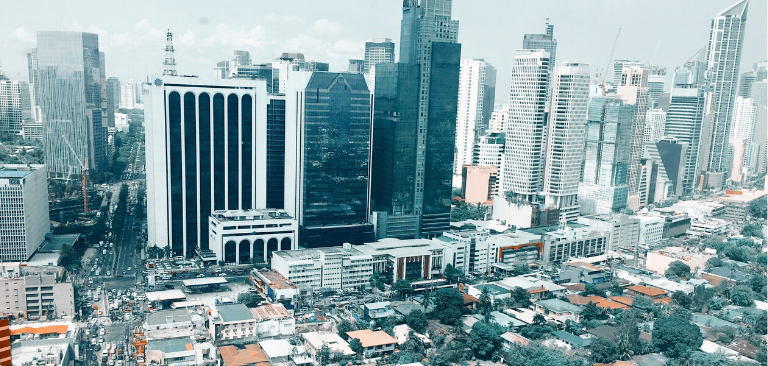The Philippines’ new anti-terrorism law is causing controversy in that country as critics say its true goal is to silence the opposition by further limiting their right to free speech, including online.
Artists and journalists in particular are worried that the bill that President Rodrigo Duterte signed on Friday – that will come in effect in mid-July – would restrict their ability to express themselves and do their jobs.
This concern is particularly strong since there is already a good deal of pressure in this country that opponents say is ruled by Duterte with an iron fist, and where in early June, even before the new anti-terror legislation came into force, a court found journalist Maria Ressa guilty of engaging in “cyber libel.”
There are fears that she could now be sent to jail, and the Philippines’ opposition-minded art community is fighting back by creating and posting artwork in support of the journalist, who is the co-founder and CEO of the Rappler news website – but also by organizing protest rallies.
One of Ressa’s supporters and Duterte’s critics is cartoonist Renan Ortiz, who uses Instagram to publish his work on the topic, and who levels some strong accusations against the authorities in light of the new law, which he is certain is designed to deny freedom of expression to artists and journalists.
For now, Ortiz is able to express his artistic message online without consequences, and says that the upcoming law will not make him stop.
According to him, new rules will only add to the persecution some already face, from defamation through propaganda all the way to killings.
“It will act as a final sweep, the clean-up, the red carpet for the Duterte dictatorship,” Ortiz said of the law.
Unsurprisingly, the Philippines authorities are following a pattern that is emerging around the world and is used by all those engaging in censorship or some form of oppression, be they tech giants or states: the wording of the legislation is said to be vague.
That’s according to Professor Lisa Ito, who explains that this particular feature is there to facilitate targeting and silencing critics, since what is supposed to be constitutionally protected speech can be attacked even when it comes to satire.













